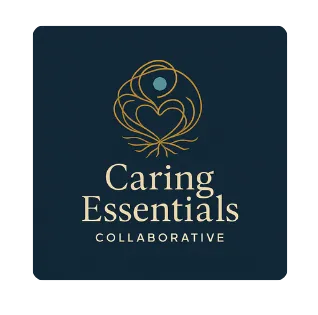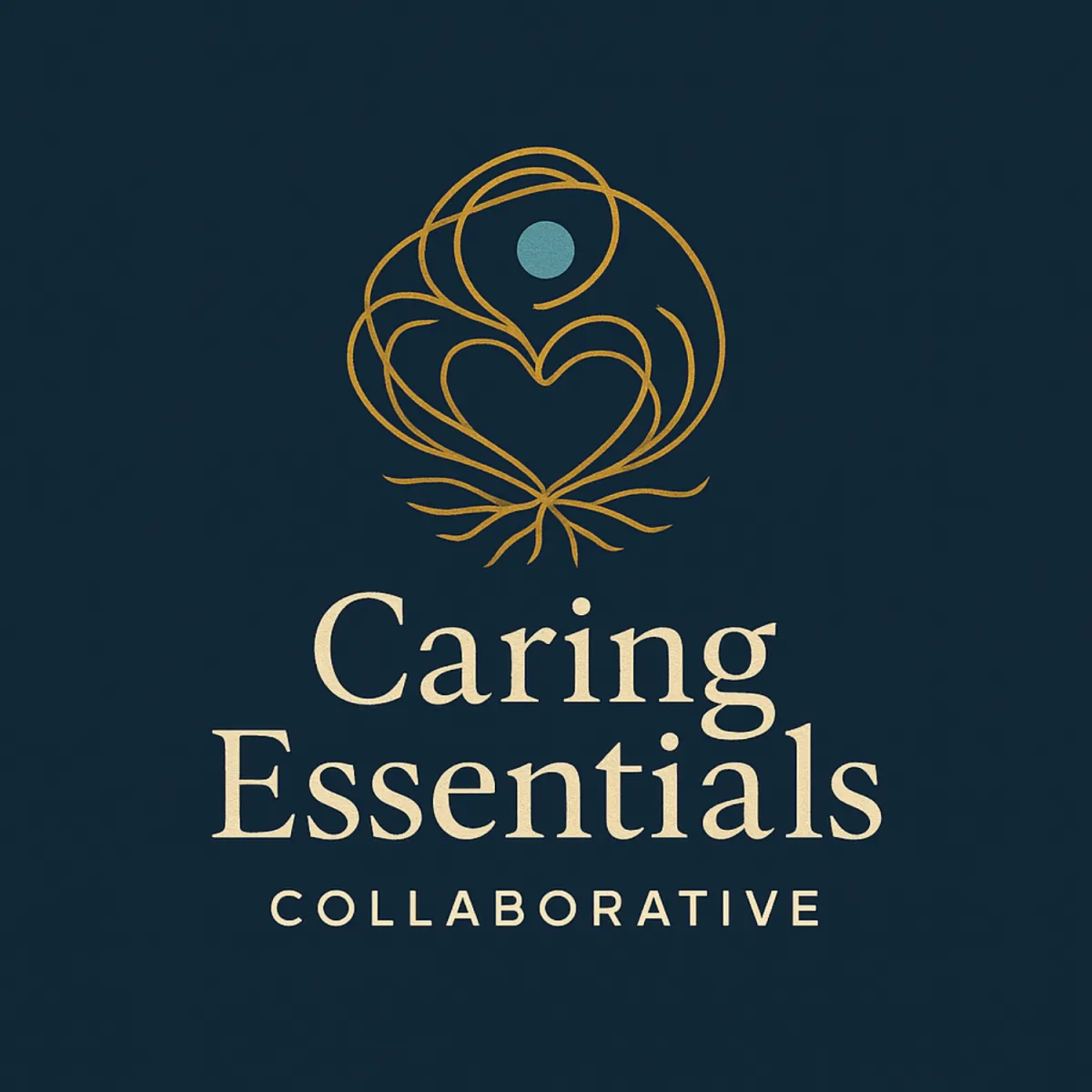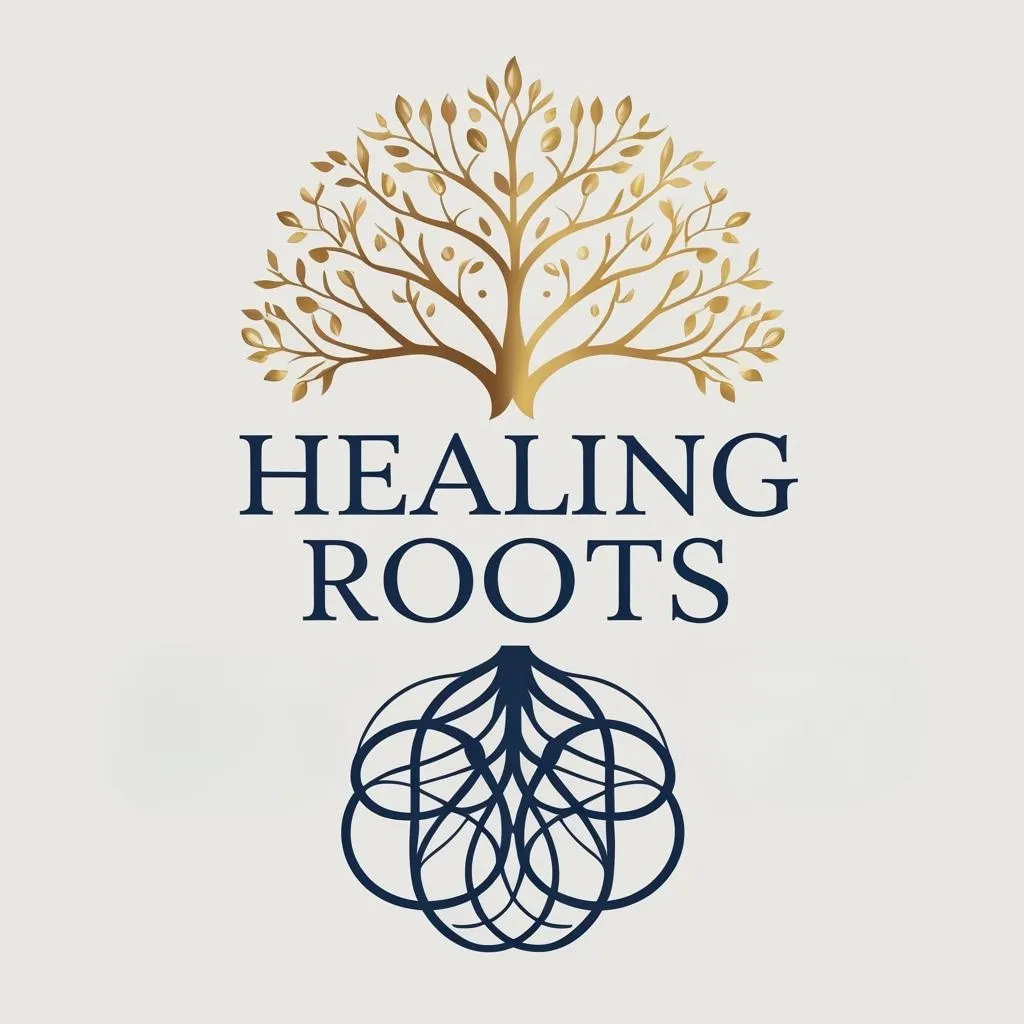
Caring Is Essential
Where science, soul, and skill meet to transform care—from the NICU to the world.
Because the way we care shapes the world we live in.

What Grounds Our Work
We believe the way we care shapes the world.
That’s why we teach, lead, and advocate for care that is relational, trauma-informed, and radically human.
Mission
Our Purpose

Is to guide individuals toward greater clarity, confidence, and aligned living — through meaningful coaching and intentional growth.
Create space for self-discovery and personal breakthroughs
Empower action through clarity and mindset shifts
Support growth with empathy, structure, and accountability
Encourage purpose-driven choices and long-term fulfillment
Build lasting transformation through deep, honest conversations
The Ecosystem
Introducing the Ecosystem
Everything we offer—from clinical programs to civic engagement—grows from the same root: Relational Healing.
Explore our ecosystem of trauma-informed, developmentally attuned, and justice-rooted care.
10,000+
Lives Transformed
40+
Years of Experience
100%
Client Satisfaction
Offerings
What We Offer
Vision & Voices
The Movement
Your care matters. Your voice matters. Your leadership matters.
Join our collective journey to reimagine care, healing, and humanity.
This moment asks more of us—and offers more, too.
Together, we are not just responding to trauma; we are rewriting the story of what care can be.
Whether you’re a parent seeking meaning, a clinician providing care, or a policymaker shaping systems—you belong here.
The movement needs your voice.

Process
Our Coaching Process

1 - Book Your Free Discovery Call
We’ll connect to explore your goals and see if we’re the right fit.
2 - Clarity & Roadmap
Together, we define your vision and create a personalized plan for growth.
3 - Weekly Coaching Sessions
We meet regularly for powerful conversations, tools, and accountability.
4 - Sustainable Transformation
You walk away with clarity, confidence, and lasting mindset shifts.
Testimonials
Trusted by Thousands of Customers Worldwide
“The workshop was incredibly engaging and meaningful. Mary’s way of connecting the science with the human experience brought so much clarity and inspiration. Her relatable examples and thoughtful facilitation helped me reflect deeply on my own practice, and the group activities created a real sense of shared learning and possibility. I left feeling renewed and empowered to bring more humanity back into our care.”
Workshop Participant, Reimagining the NICU (UC Davis, July 2025)
“The content was so rich and directly relevant to practice. I appreciated how the workshop combined evidence-based resources with open, crucial conversations that we don’t often get to have in clinical spaces. The interactive structure really drew me in, helping me not only learn but also reflect on my own approach to care. I walked away with practical strategies to implement trauma-informed practices right away, as well as a renewed sense of purpose and connection to the heart of why this work matters.”
Workshop Participant, Compassionate Beginnings (NY Presbyterian, Sept 2024)
“The Presence Workshop was both intimate and impactful. The small group format created a space for real reflection, while the science review grounded everything in evidence that was both rigorous and accessible. The guidance on achieving presence, along with the BUFFER framework, offered concrete strategies I can bring into both my professional practice and daily life. It felt like the perfect balance of science, soul, and practical skill — truly a transformative experience.”
Workshop Participant, The Presence
(June 2025)
Your presence is the thread.
Our future is the weave.
FOLLOW US

COMPANY
SUPPORT
LEGAL
© Copyright 2025. Caring Essentials. All Rights Reserved.
